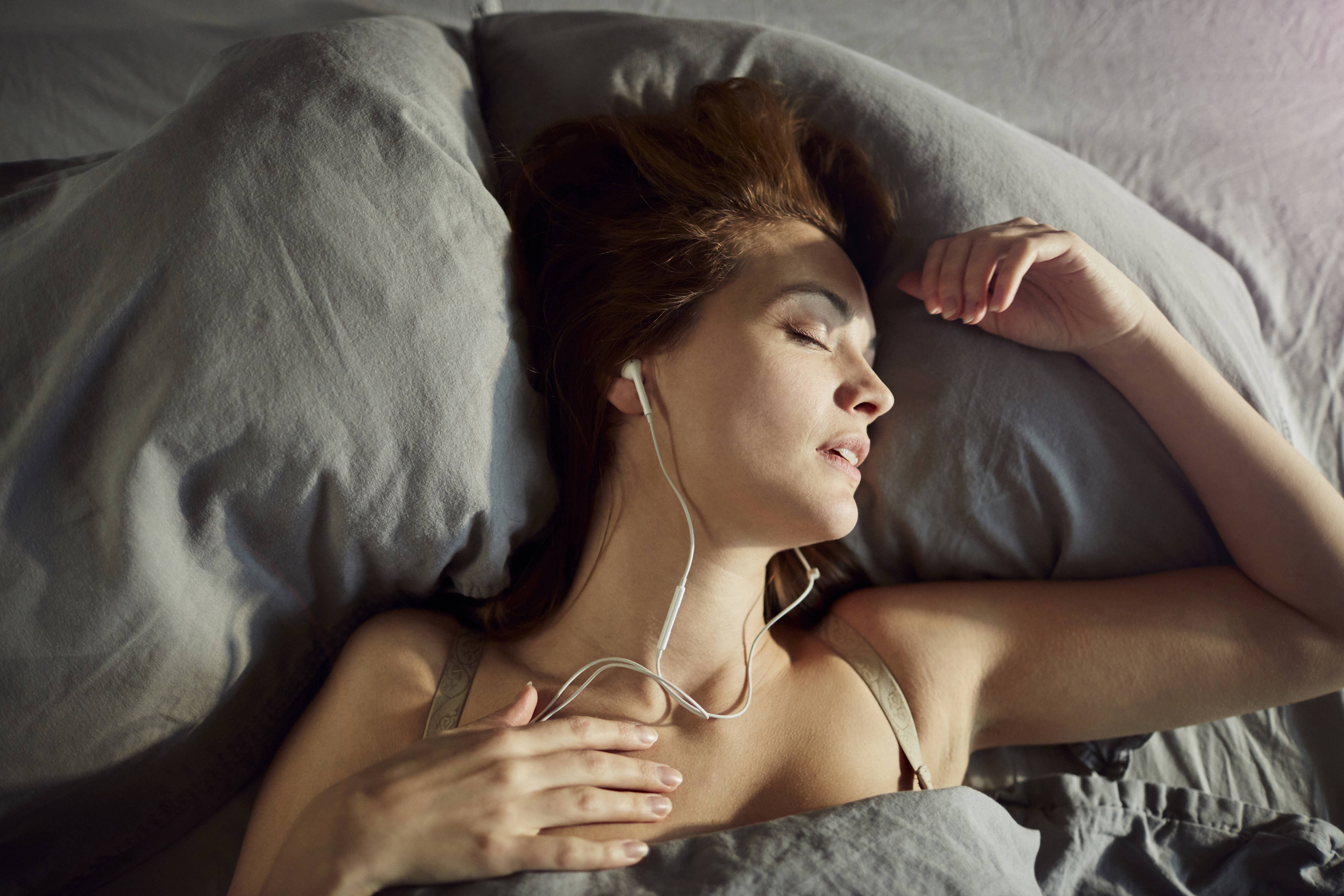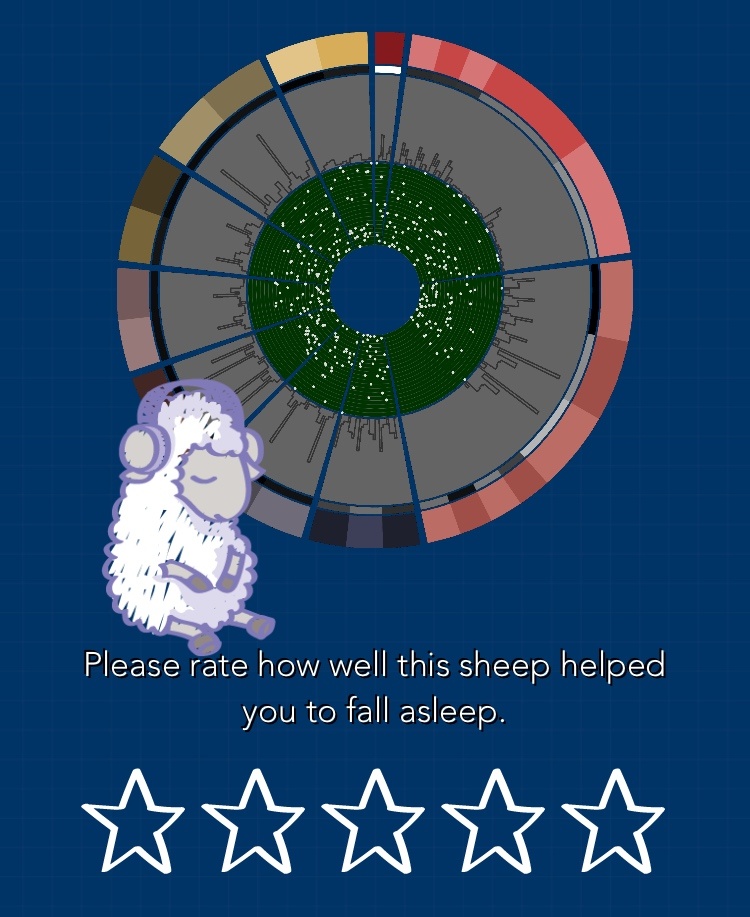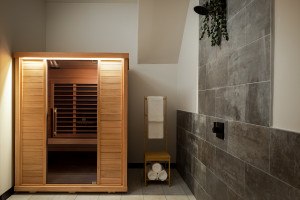This Pennsylvania Couple May Have Found the Sounds That Will Put You to Sleep
Wei-Shin Lai and Jason Wolfe, founders of the award-winning company AcousticSheep, have created a database of tracks that will likely help you doze off — but they need you to help make them better.

AcousticSheep has already created headphones (not pictured) that are comfier for folks to sleep in. Now they’re delving into the software world with the Harmony Project, an attempt to come up with the best sounds for sleep. / Photograph courtesy of Getty Images
It was 3 a.m. — or sometime thereabouts, in the waning hours of the night — and Wei-Shin Lai couldn’t sleep. Again. A Penn State family medicine doctor, she’d received a call from the emergency room about one of her patients, and now her racing mind was keeping her from getting those last few hours of shut-eye. Again. This was becoming a pattern: a sudden urgent call, a quick conversation, and then hours of lying in bed trying to get back to dreamland.
When she mentioned the conundrum to her husband, Jason Wolfe, he suggested listening to binaural beats, a certain mix of frequencies that can allegedly induce deep sleep. But Lai’s small ear canals meant headphones were too uncomfortable for her to sleep in. Soon afterward, Wolfe, a video game designer who’s used to creating enjoyable experiences, came home with some fabric and some speakers. “Let’s make something,” he said.
That was back in 2006. More than a decade later, Wolfe and Lai’s SleepPhones, adjustable headbands with speakers embedded in them to create more comfortable listening, have helped desperate insomniacs doze off on every continent. Their company, AcousticSheep, has made more than a million sales and, in 2013, won the Pennsylvania governor’s inaugural Entrepreneur ImPAct Award. “At the beginning, we were thinking, ‘We’re on to something,’” Lai says. “’Maybe we should set up a website and see what happens.’ Well, it happened.”
But the couple isn’t content with creating one innovative product. Sure, they’ve mastered sleep hardware, but there are many people who are still struggling to doze off; Philly was recently ranked the worst city in the country for sleep health. So, with today’s launch of the Harmony Project, AcousticSheep is entering the software world.
The Harmony Project is a database of various types of music and sounds that are supposed to help you sleep — those binaural beats, isochronic tones, nature sounds, white noise, the list goes on and on. Each night, users listen to a mash-up of some of these tracks through a free iPhone, Android, or Kindle app. When they wake up, they provide feedback on how well the track helped them snooze, rating it out of five stars. Over time, AcousticSheep’s algorithm merges highly rated tracks, producing new ones that will, fingers crossed, be even better at getting the masses to their REM stages.
Wolfe refers to each of these tracks as “sheep.” Every time they reproduce, they create a genetically superior track. It’s like eugenics for sleep music. Or, to use another metaphor: “We really want folks to look at it as a kind of river,” Wolfe says. “You step in the river each night, but you never step in the same river twice. It improves over time with the flow of generations.”

The Harmony Project app lets you rank different combinations of tracks on how well they helped you sleep. / Screenshot by Mary Clare Fischer
Lai and Wolfe see this as a way of organically crowdsourcing what helps the most people get to sleep. Eventually, they’d like to gather more demographic data and figure out what works best for different types of people. Perhaps one frequency works better for folks who are older or for shift workers who are sleeping when the sun’s up or for those with ringing in their ears. “In a couple months, once we have enough people voting on things, we’ll ask people about different aspects of their life,” Lai says. “It’s absolutely something that I’m super curious about.”
You can download the Harmony Project on the Apple Store, Google Play, or through Amazon.


